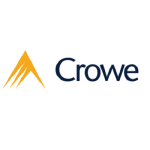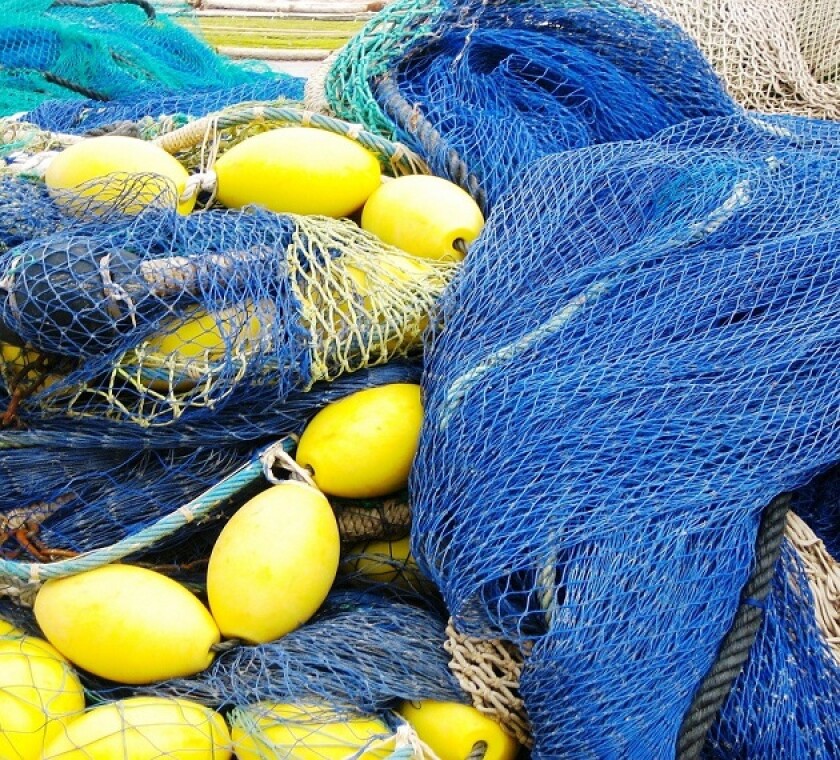One aspect of the recent changes made to the goods and services tax (GST) regime in Singapore is to bring about a certain level of parity in the GST treatment for goods and services consumed in Singapore regardless of where the goods and services are procured from.
This is to create a level playing field between overseas suppliers and local GST-registered businesses amidst the e-commerce boom and the growing trend of businesses being able to digitalise to deliver services remotely. It is also in line with the OECD’s recommendations in BEPS Action 1 which identified the collection of VAT/GST on online business-to-consumer (B2C) sales as a way to address the tax challenges of the digital economy.
Imported services
Since January 1 2020, the scope of GST in Singapore has been expanded to apply on business-to-business (B2B) supplies of imported services by way of a reverse charge mechanism and B2C supplies of imported digital services by way of an overseas vendor registration (OVR) regime.
OVR regime
Under the OVR regime, suppliers of digital services who belong outside Singapore must be GST-registered in Singapore and account for GST on the supply of digital services to non-GST registered customers in Singapore if the following conditions are met:
The global turnover and value of digital services made to non-GST registered customers in Singapore for a calendar year exceed S$1 million (approximately US$754,197) and S$100,000 respectively; or
If at any time, there are reasonable grounds to believe that the global turnover and supplies made to non-GST registered customers in Singapore will be more than S$1 million and S$100,000, respectively.
Digital services are defined as any service supplied over the internet or other electronic network and the nature of which renders its supply essentially automated with minimal or no human intervention, and impossible without the use of information technology. Examples of digital services include:
Supplies of downloadable digital content (e.g. mobile applications, e-books and movies);
Subscription-based media (e.g. news, magazines, streaming of TV shows and music);
Software programs (e.g. software, drivers and website filters), electronic data management services (e.g. website hosting and cloud storage); and
Support services performed via electronic means to arrange or facilitate transactions, which may not be digital in nature (e.g. service or booking fee charged to the suppliers or customers).
With effect from January 1 2023, the OVR regime will be expanded to include remote non-digital services on top of digital services (collectively referred to as ‘remote services’) under the current OVR regime.
Remote services are services where, at the time of the performance of the service, there is no necessary connection between the physical location of the recipient and the place of physical performance.
With the expanded scope, a provider of remote non-digital services such as professional services (e.g. legal and consultancy services, brokerage services), educational, professional and examination services (e.g. distance learning classes, membership subscription to professional association) and personal services (e.g. online counselling, matchmaking), must also account for GST on the services provided to customers in Singapore, if it is required to be GST-registered in Singapore under the OVR regime.
Reverse charge mechanism
Since January 1 2020, a GST-registered business who is subject to reverse charge (RC business) is required to account for GST on all services (except for certain services which are specifically excluded from the scope of reverse charge) that it procures from overseas suppliers.
An RC business is either a GST-registered partially exempt business that is not entitled to full input tax credit or a GST-registered charity or voluntary welfare organisation that receives non-business receipts.
Low-value goods
Currently, imported low-value goods are exempted from GST. Low-value goods refer to goods that:
Are not dutiable goods, or are dutiable goods that have been granted GST import relief by Singapore Customs under Item 32 of the Schedule to the GST (Imports Relief) Order;
Are not exempt from GST;
Are located outside Singapore at the point of sale and are to be delivered to Singapore via air or post (goods imported via sea or land are excluded from the exemption and GST applies at the point of importation of such goods); and
Have a value not exceeding the GST import relief threshold of S$400.
The scope of GST on supplies will be expanded to include low-value goods imported into Singapore via the reverse charge mechanism and the OVR regime as described below.
OVR regime
With effect from January 1 2023, an overseas supplier of low-value goods via air or post to customers in Singapore will be required to charge GST on low-value goods sold to customers in Singapore if it is required to be GST-registered in Singapore under the OVR regime.
Reverse charge mechanism
From January 1 2023, an RC business is required to account for GST on all low-value goods purchased from local and overseas suppliers, electronic marketplace operators and redeliverers, regardless of whether they are GST-registered or not.
Pointers for overseas suppliers
Overseas suppliers of goods and services to customers in Singapore may be required to be registered for and charge GST under the OVR regime. Below are a few pointers that overseas suppliers should take note of.
Threshold for registration
It is understood that the same threshold for GST registration under the current OVR regime will remain for the expanded OVR regime starting from January 1 2023. This means that an overseas supplier will have to consider the total value of all the low-value goods and remote services it supplies to customers in Singapore in determining whether it has an obligation to be GST-registered in Singapore or not.
GST compliance for electronic marketplace operators and other intermediaries
It is commonplace for suppliers to use digital platforms, such as electronic marketplaces offered by intermediaries, to market and sell their products. Under the OVR regime, local and overseas operators of electronic marketplaces may be regarded as the suppliers of low-value goods and remote services made through the marketplace, on behalf of overseas suppliers, when certain conditions are met.
Redeliverers who assist customers to purchase low-value goods from overseas and ship them into Singapore or assist customers with shipping low-value goods into Singapore, may also be considered suppliers of low-value goods supplied by local and overseas suppliers and electronic marketplace operations, when certain conditions are met.
When regarded as the suppliers of low-value goods or imported remote services, electronic marketplace operators and other intermediaries will be required to account for GST on behalf of the overseas suppliers.
Determination of belonging status
As mentioned earlier, the OVR regime is only applicable for supplies of low-value goods and remote services to non-GST registered persons in Singapore. To determine if their customers belong in Singapore, the overseas suppliers and local or overseas intermediaries may use certain proxies, such as the customer’s internet protocol (IP) address and credit card information.
Once a customer is determined to belong in Singapore, GST is chargeable by default on the supplies made, unless the customer provides his GST registration number. Overseas suppliers and local or overseas intermediaries should ensure that the platform used to sell products to customers in Singapore can capture the necessary information to determine the belonging status and GST registration status of customers.
The proposed changes to the GST regime that are to take effect from January 1 2023 were announced in the Singapore Budget for 2021, with the public consultation on the implementation details having ended on March 19 2021.
The implementation details are still being finalised (at the time of writing) by the Inland Revenue Authority of Singapore, and overseas suppliers of goods and services to customers in Singapore should monitor the implementation details closely.
Sivakumar Saravan
Senior partner, Crowe
Liew Kin Meng
Director, Crowe













